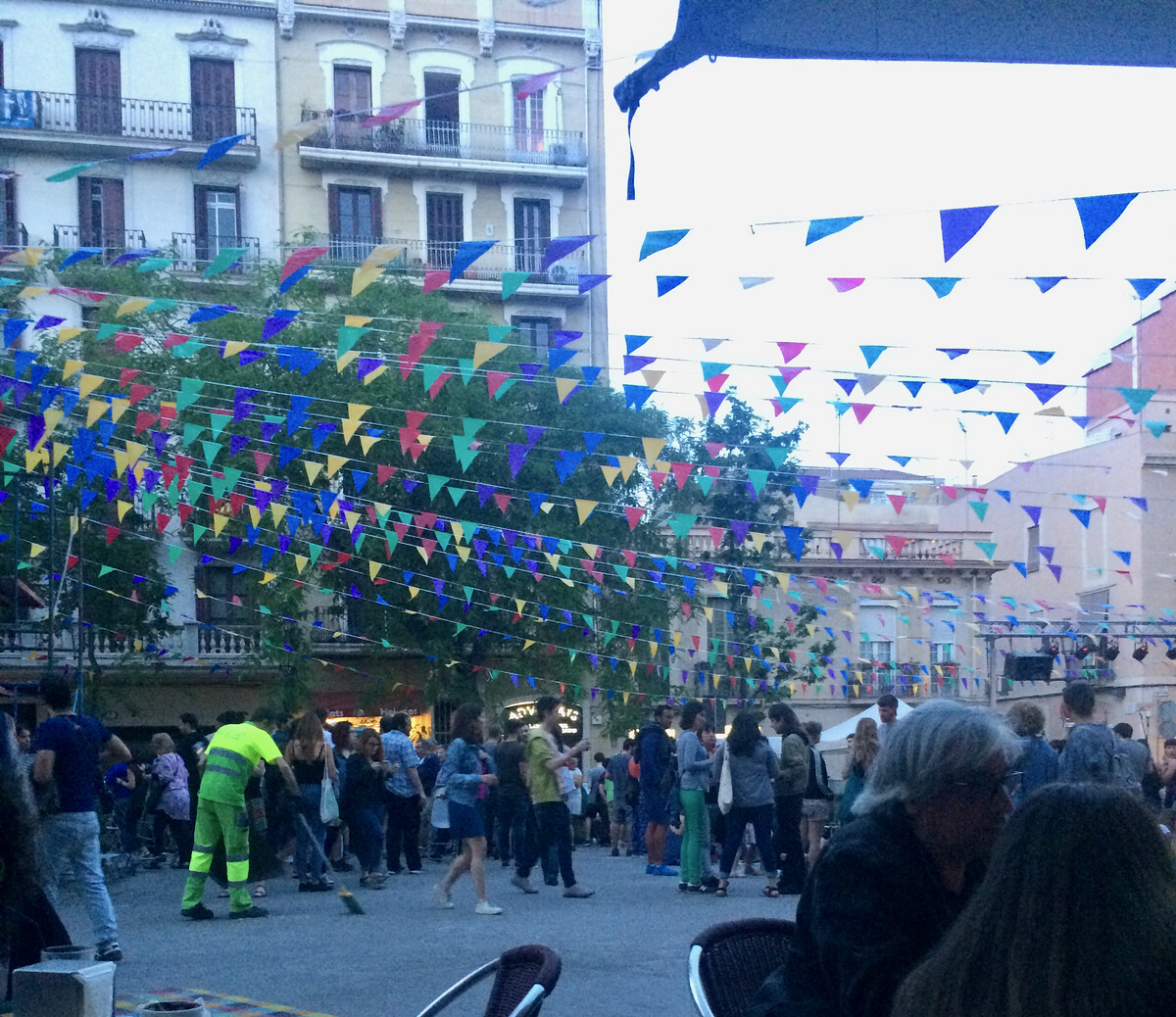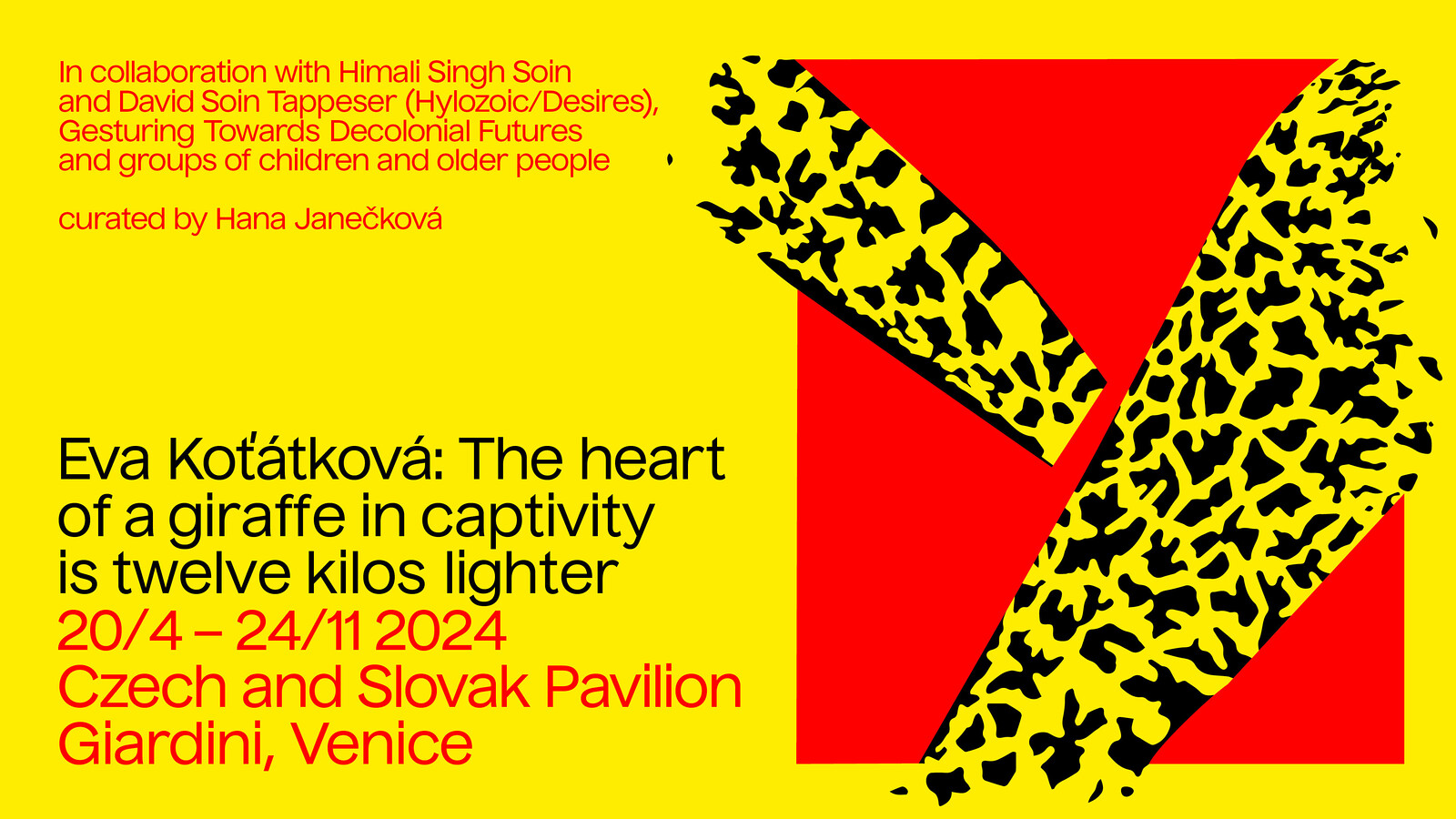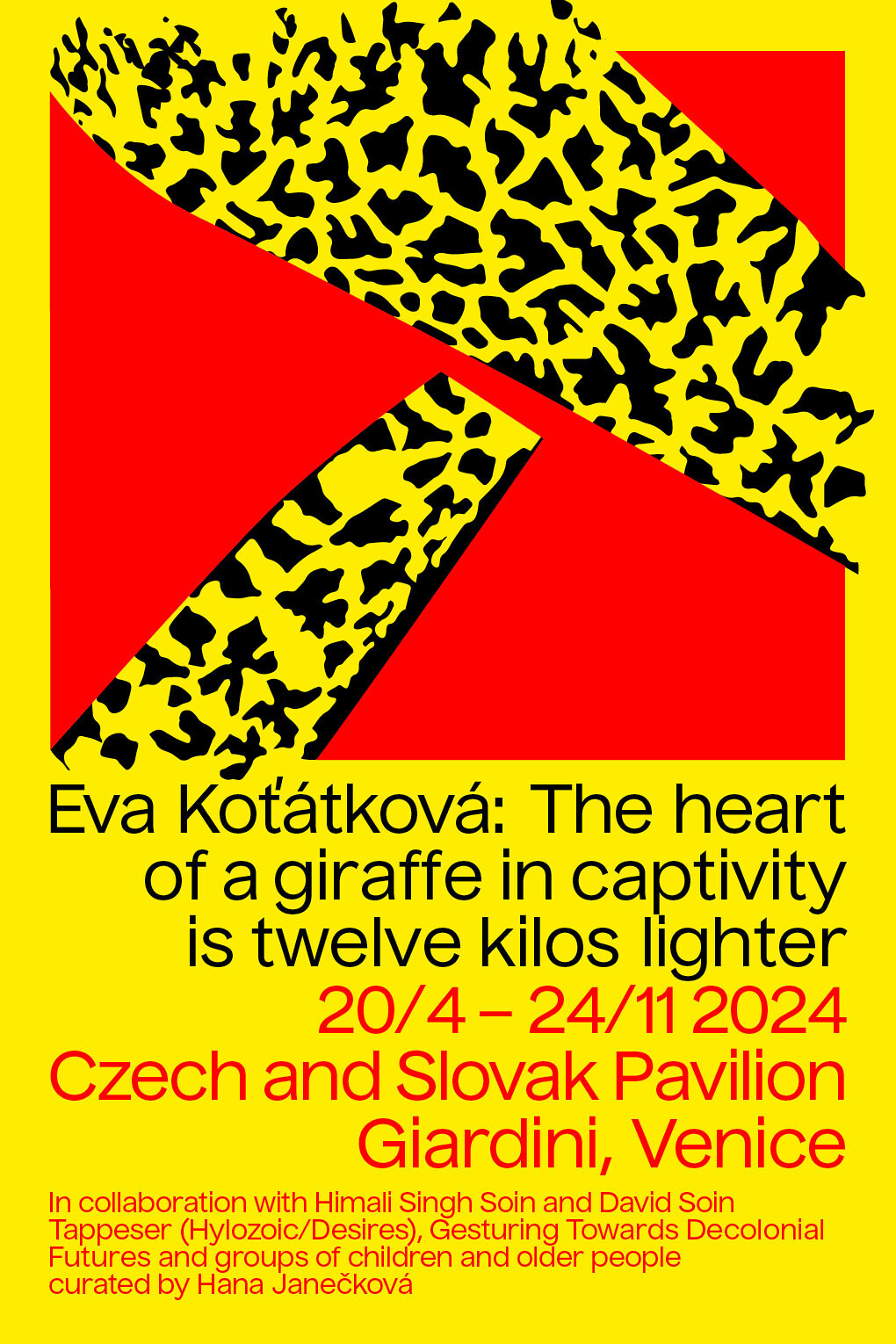Organization, or the ways in which art connects to social and political worlds, is increasingly becoming a focus of attention in the contemporary art field. Prompted by a situation in which contemporary art offers itself simultaneously as a touristic device, as a value in the creative economies, and as a means for creating amiable socialities, new critical art practices and curatorial initiatives emerge which pursue alternative politics of connection, and which turn this organizing process itself into the very center and material of artistic and political action. Such practices then become platforms for collective, cross-disciplinary inquiries and for art and social action to merge as crucial sites of experimentation between embodied experience, social struggle, and collective appropriations of space. Increasingly, also art museums and other institutionalized spaces become framed as scenes for public assemblies, for social gatherings, and participatory commitments. The adaption of “activist” strategies and co-creative practices into highly institutionalized settings is a signal of this. This special issue on “New Infrastructures” sets out to map an emerging field of experimental infrastructures in the art field. As an interdisciplinary endeavor, the call addresses itself to practice-based artists and curators, as well as to theorists from the fields of sociology, anthropology, art, urban design, architecture, critical theory, or philosophy. It invites theoretical as well as practice-based perspectives and close readings of case studies.
Questions to pursue may relate (but are not limited) to:
Reinventing the Notion of Public
The notion of the public sphere as a representational space of the modern nation state is in crisis today. Critiques of the public as a fundamental authoritative category, regulated by the state, by normative divisions between public and private, exclusionary definitions of citizenship, or as defined by private interests of corporations or cultural industries have demonstrated the need for inventing new practices of the public. How may experiments with organizational forms in the art field offer new ways of conceiving the notion of the public?
Commoning Practices
As non-representative strategies for organizing collective action, commoning practices have influenced activism and social movements during the past decade. In commoning practices radical politics emerge as immanent to the life forms that such practices invent. How do such experiences become adopted into the art field and into institutional practices? Do they respond to local urgencies, or do they operate as independent nomadic events? Is there a problem of commoning practices becoming representations of collective action, rather than a processing of collective action?
Transnational/Transdisciplinary Attitudes, Practices and Discourses and Situated Practices
Despite often globally shared critical debates, infrastructural issues are to a wide extent locally and/or nationally embedded. How do the actors translate their discursive sensitivities into a local practice, and how far are these very specific conditions represented in the theoretical abstractions? Is there an exchange between these two areas, or are they considered as two separate fields of action?
Strength of Informal Ties
In recent years, quite a lot of metaphors (network, platform, interpretative community (Stanley Fish), cluster—just to name a few—have been used to describe new ways of how gatherings based on shared interests or concerns are organized. Their fluid and open configuration was set as an alternative against rigid structures, thereby establishing new modes of interaction and production that often aren’t stable, but rather subject of constant negotiations. At the same time, these informal ties request a lot of knowledge and communication in order to be visible. What does it need for such kinds of informal ties to be a perceivable mode of organization?
Playing Formats
In how far playing with established formats (be it on the level of organization or all kind of events) is a promising approach for interacting with fixed infrastructural settings? Is there a critical potential in these kinds of activities? Can this be read as a political, even subversive, attitude?
Abstracts of 300 words (in English) together with a short CV should be sent to smch [at] create.aau.dk or to rachel.mader [at] hslu.ch by May 15, 2018. Editorial response to abstracts can be expected late May. Deadline for submission of full papers the length of 5,000–6,000 words is October 1, 2018. Passepartout is a peer reviewed research journal of art history, theory and artistic practice. It is hosted by Aarhus University, section for Art History.




